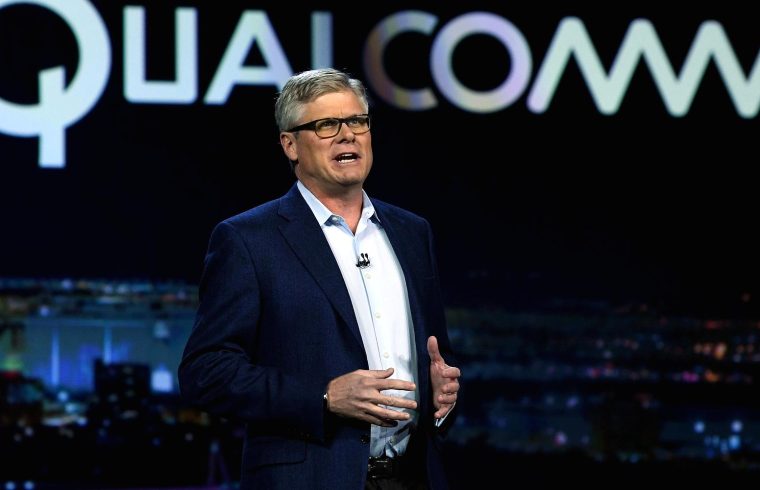
HP, Asus and Lenovo will build new Windows 10 computers running on Qualcomm’s Snapdragon chips, Qualcomm said on Wednesday.
It may sound like something Intel should worry about, but investors shouldn’t sound the alarm just yet.
First, some backstory: It’s the first time Qualcomm’s Snapdragon chips have been used to power a full version of Windows, which usually runs on processors from AMD or Intel. Microsoft has tried Qualcomm chips with lighter versions of its OS such as Windows RT, but those efforts failed because the computers couldn’t run most apps designed for Windows. That’s what changes now.
Qualcomm’s Snapdragon 835 processor, typically reserved for smartphones such as the Samsung Galaxy S8, will power the new Windows 10 computers and will offer constant connectivity.
That means folks who buy a new computer from Asus, HP or Lenovo should expect it to come with the option to add it to their wireless carrier for data service when Wi-Fi isn’t available.
Qualcomm said the new computers will be “lighter and more portable than any other laptop currently available,” while also offering longer battery life than current solutions on the market.
It sounds appealing, but here’s why Intel shouldn’t worry.
While the Snapdragon 835 is a powerful-enough chip for smartphones, you shouldn’t expect these computers to offer robust support for rendering in Photoshop or video editing, even though Qualcomm promises support for “all Windows applications.” Those functions might work in some regard, but don’t expect these machines to be the most powerful on the market.
Qualcomm’s chips are becoming more and more powerful, but they’re still not a match for a full-fledged seventh-generation Intel Core i5 or Core i7 processor, the sorts that are used in the latest flagship computers from companies such as Dell and Microsoft, and which we expect to launch in Apple’s new MacBooks as soon as next week.
These are some of Qualcomm’s first steps onto Intel’s territory, where Intel has mainly had to worry about AMD as a competitor, so it’s still a move worth watching.
A final point: we still don’t know when the first Qualcomm-powered Windows 10 computers will launch, or how much they’ll cost, the latter of which will be important if Qualcomm wants to take share from Intel.







